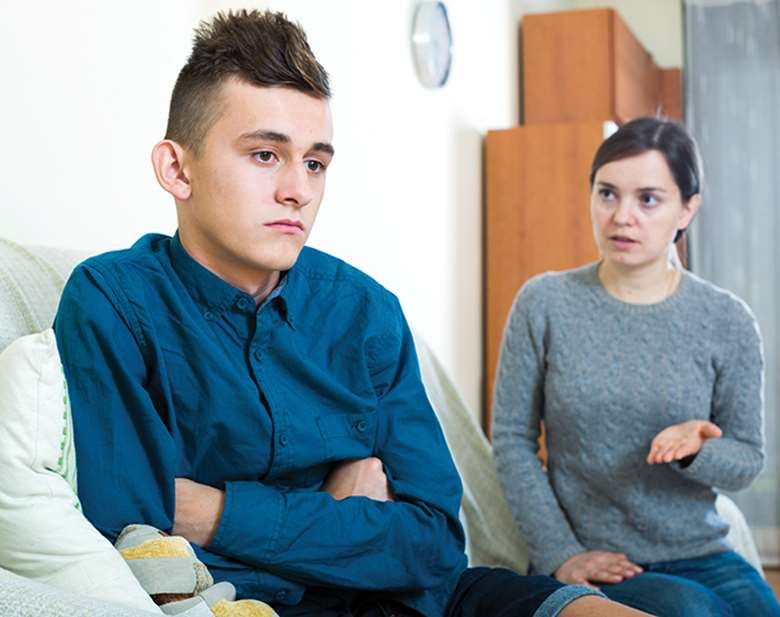Multisystemic therapy 'no more effective' than conventional support, study finds
Joe Lepper
Wednesday, January 17, 2018
An intensive family therapy programme, used nationwide to turn around the lives of teenagers involved in antisocial behaviour and on the edge of care, is no more effective than conventional methods, researchers have concluded.

A raft of multisystemic therapy (MST) initiatives have launched across England in recent years and been backed by extensive government investment.
But government-commissioned research, carried out by University College London, has found that there was no difference in improvements to young people's lives between those taking part in MST programmes, which involve close support within a family's home, and those being supported by less intensive methods.
The research concludes that there is no evidence to support the use of MST over other support programmes for young people with challenging behaviour and at risk of being taken into care.
More than 1,000 families of young people aged between 11 and 17 involved in antisocial behaviour took part in the research over an 18-month period.
After 18 months, 13 per cent of those receiving MST support had been taken into care, compared with 11 per cent of those receiving less intensive support.
Greater improvements in terms of reducing antisocial behaviour were identified among the MST group at the six-month stage, but there was no difference by 12 months compared with the "management as usual" group.
"At 18 months, the proportion of participants in out-of-home placement was not significantly different between the groups," the research states.
"The findings do not support that multisystemic therapy should be used over management as usual as the intervention of choice for adolescents with moderate-to-severe antisocial behaviour."
Previous evidence from the US has shown improvement in terms of reducing challenging behaviour and criminal activity, but less has been known about its effectiveness in the UK.
"Adolescent antisocial behaviour is a major health and social problem," the research states.
"Studies in the USA have shown that multisystemic therapy reduces such behaviour and the number of criminal offences committed by this group. However, findings outside the USA are equivocal."
The research was led by Peter Fonagy, professor of contemporary psychoanalysis at University College London, who is also currently co-chair of a government-established expert working group on the mental health of looked-after children.
Recent government investment in MST has included a £425,000 grant, handed out in November last year through the Life Chances Fund, to Edge of Care and Reunification, a programme that involves intensive family support to help children in care return to their family home or find a permanent foster care placement.
MST has also been backed by the Department for Education's Children's Social Care Innovation Fund. Two years ago the Fund awarded £4.1m to the National Implementation Service to help councils access therapies including MST.
Local authorities have also been using MST as part of the Troubled Families programme for a number of years. As of last year there were more than 20 different MST providers across voluntary and statutory sectors delivering programmes across 36 council areas.
Among these is Action for Children's Manchester-based MST programme, which works with 11- to 17-year-olds on the edge of care and their families. Evaluation of this programme found that it had significantly reduced the number of days children spend in residential care, as well as social care involvement.




